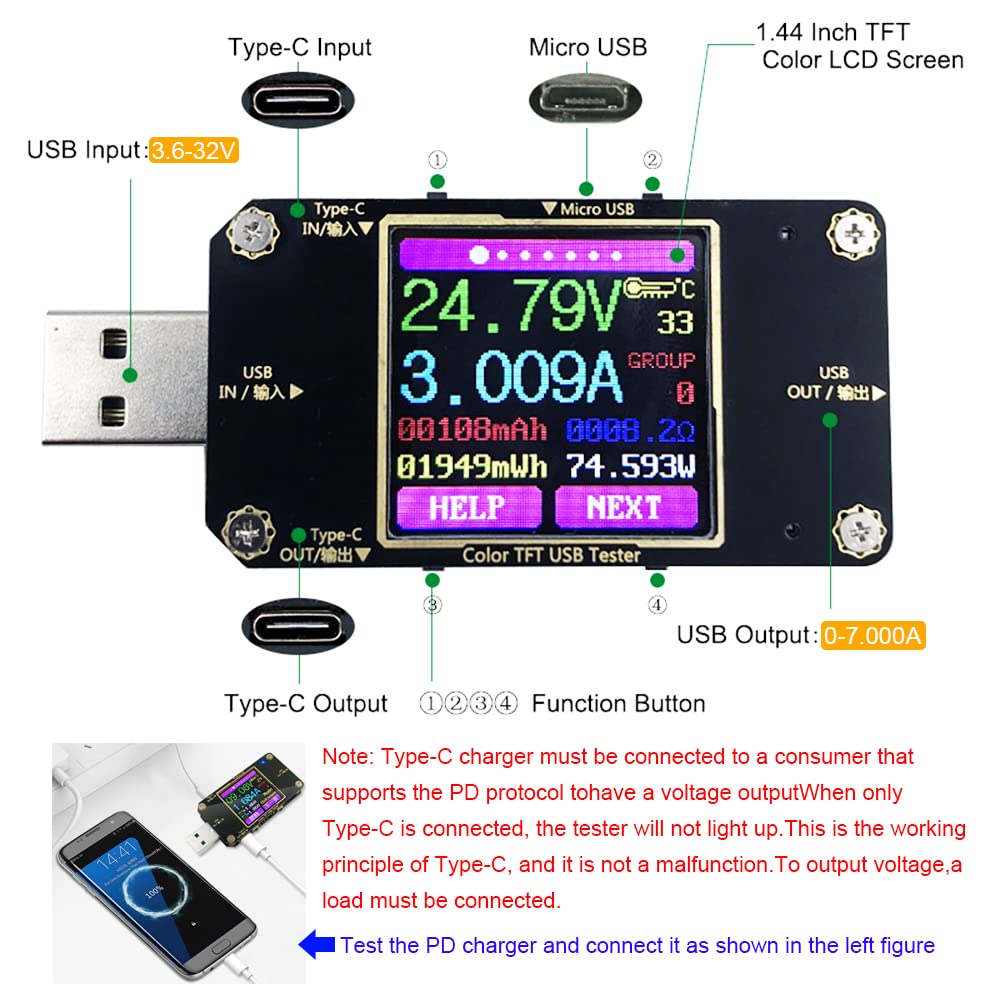Windows
Mobo - Gigabyte Aorus X570
PSU - Cooler Master 750W Gold
GPU - ROG Strix RTX 2080
CPU - Ryzen 3600
Plugging a USB into not only the front panel but directly into the motherboard crashes the PC. It also depends on what devices are plugged in. Plugging in a DAC crashes and reboots, keeping it plugged in just crashes the computer after it boots up. An external hard drive does the same. The PC does not blue screen or give any notice, just a full shutdown and reboot.
I've seen many people with this problem but no definite answer. I am narrowing it down to either a failing motherboard or PSU. I have a wall wattage meter, but I am unsure if that can help in determining the root cause.
The problem seems to be power-related, I am just unsure of where the problem is residing. The problem started occurring a couple of months ago, but booting up the PC with both the DAC and external-HDD was no problem. Now, neither can be plugged in. Thank you to anyone who can provide help.
Mobo - Gigabyte Aorus X570
PSU - Cooler Master 750W Gold
GPU - ROG Strix RTX 2080
CPU - Ryzen 3600
Plugging a USB into not only the front panel but directly into the motherboard crashes the PC. It also depends on what devices are plugged in. Plugging in a DAC crashes and reboots, keeping it plugged in just crashes the computer after it boots up. An external hard drive does the same. The PC does not blue screen or give any notice, just a full shutdown and reboot.
I've seen many people with this problem but no definite answer. I am narrowing it down to either a failing motherboard or PSU. I have a wall wattage meter, but I am unsure if that can help in determining the root cause.
The problem seems to be power-related, I am just unsure of where the problem is residing. The problem started occurring a couple of months ago, but booting up the PC with both the DAC and external-HDD was no problem. Now, neither can be plugged in. Thank you to anyone who can provide help.



